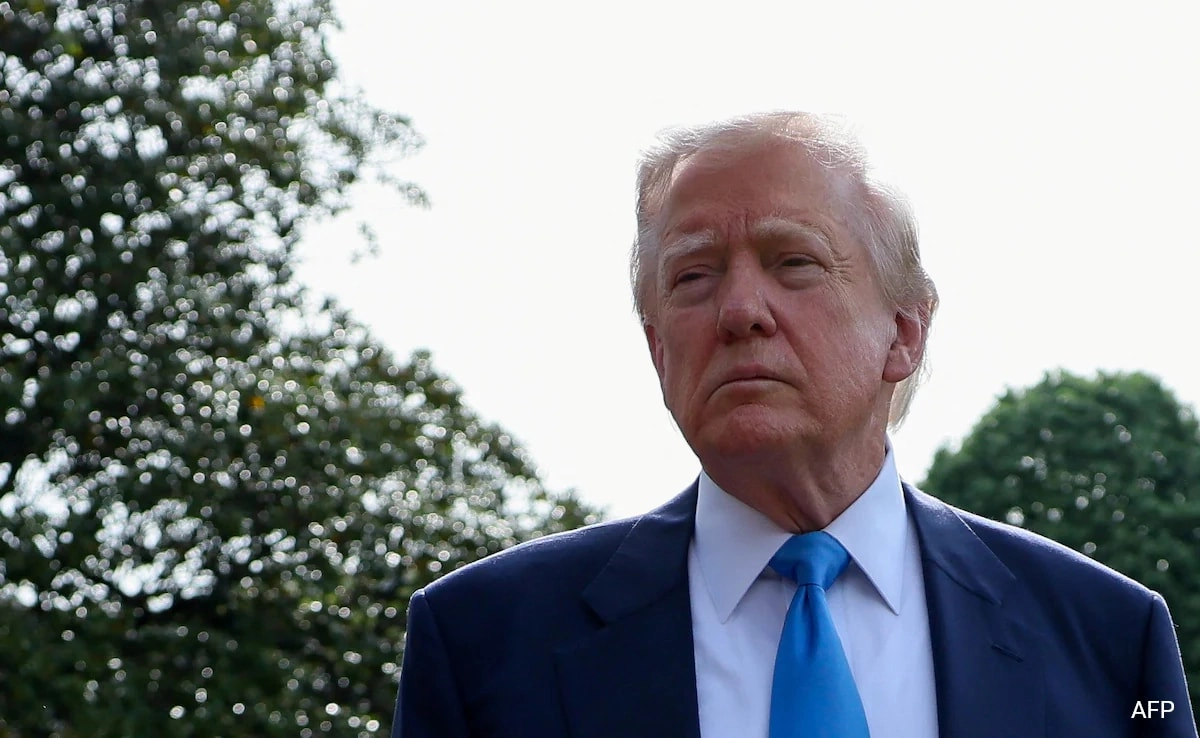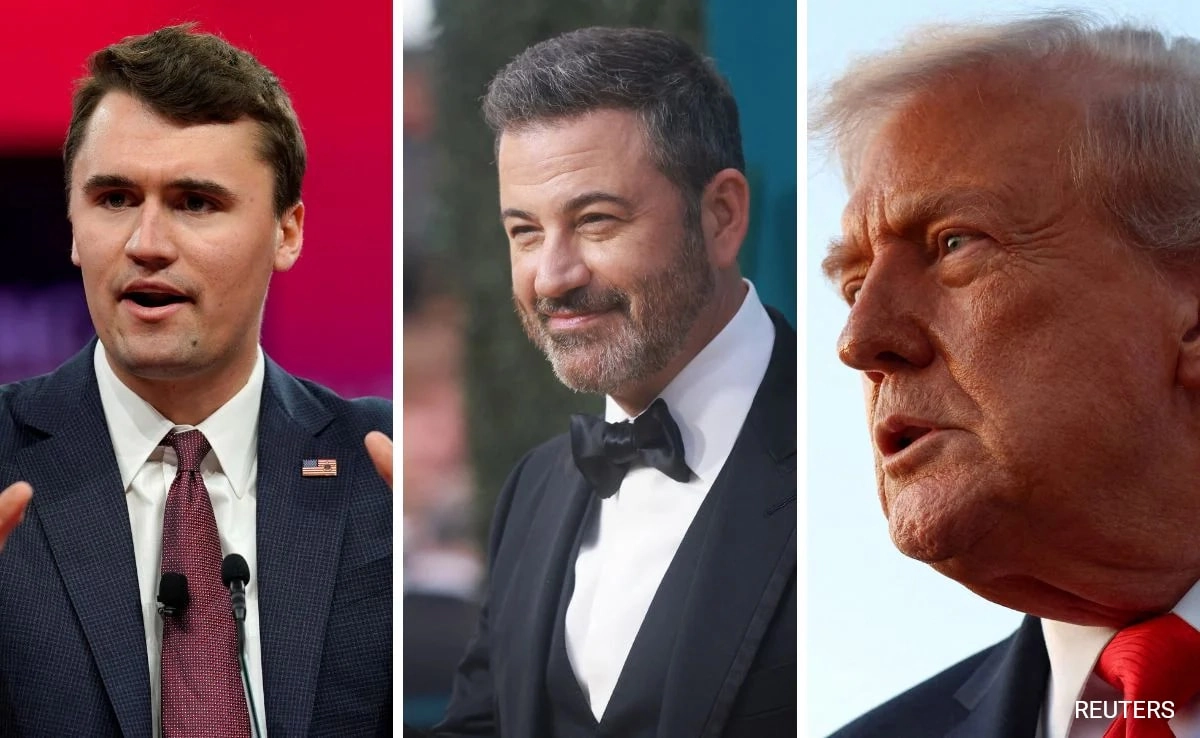In recent political discourse, former President Donald Trump has taken to labeling his opponents as “communists,” a tactic that has sparked significant debate and controversy. This terminology, often associated with the far-left ideologies of socialism and communism, serves as a powerful rhetorical tool in Trump’s arsenal, aimed at rallying his base by painting his adversaries in a negative light. By invoking such a historically charged term, Trump seeks to create a sense of urgency and fear among his supporters, suggesting that the values and principles they hold dear are under threat from an ideological enemy.
This framing resonates particularly well with a segment of the American population that views socialism and communism as antithetical to the country’s founding principles of freedom and capitalism. Trump’s use of the term is not merely a casual insult but a calculated strategy that aims to redefine the political landscape by positioning himself and his supporters as defenders of American values against what he describes as radical leftist ideologies. This rhetoric amplifies the polarization in American politics, where terms like “communist” can evoke strong emotional responses and reinforce existing divides.
Critics argue that such labeling is an oversimplification of complex political views and an attempt to stifle legitimate discourse. By categorizing opponents as communists, Trump risks alienating moderate voices and those who may hold differing opinions on economic or social issues. This divisive language can lead to a breakdown in constructive dialogue, as it encourages a binary view of politics—where one side is painted as entirely virtuous and the other as wholly villainous. In doing so, Trump not only intensifies the political climate but also challenges the foundational principles of democracy, which thrive on debate and the exchange of ideas.
Moreover, this tactic raises questions about the implications of political discourse in the current era. As the term “communist” carries significant historical weight, its casual use in contemporary politics can dilute its meaning and seriousness, potentially leading to a misunderstanding of what these ideologies truly represent. The danger lies in normalizing extreme rhetoric, which could pave the way for more extreme political actions and reactions in an already volatile environment. As Trump continues to label his opponents in this manner, the broader implications for American democracy and political civility remain a critical concern for analysts and citizens alike.




